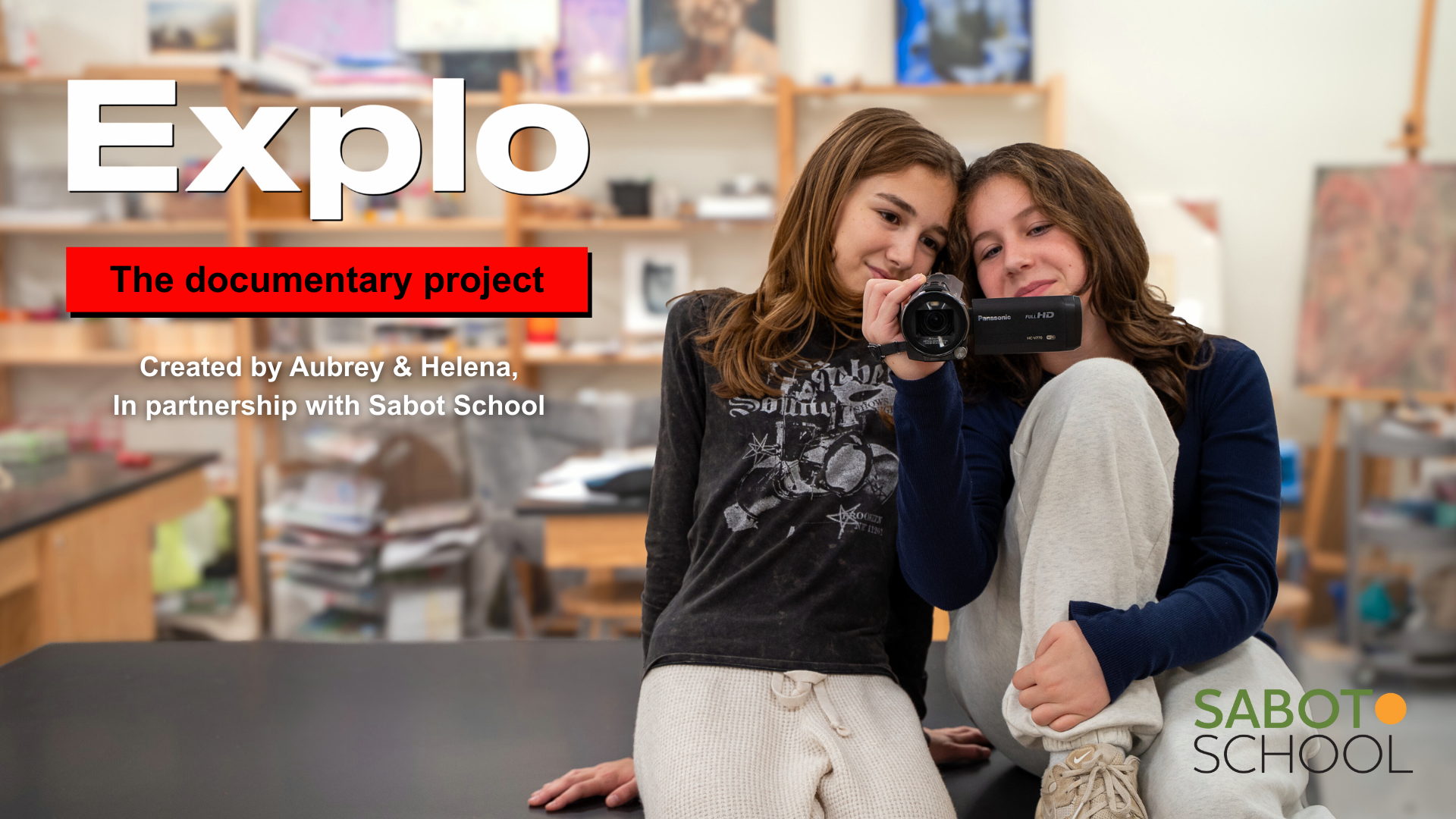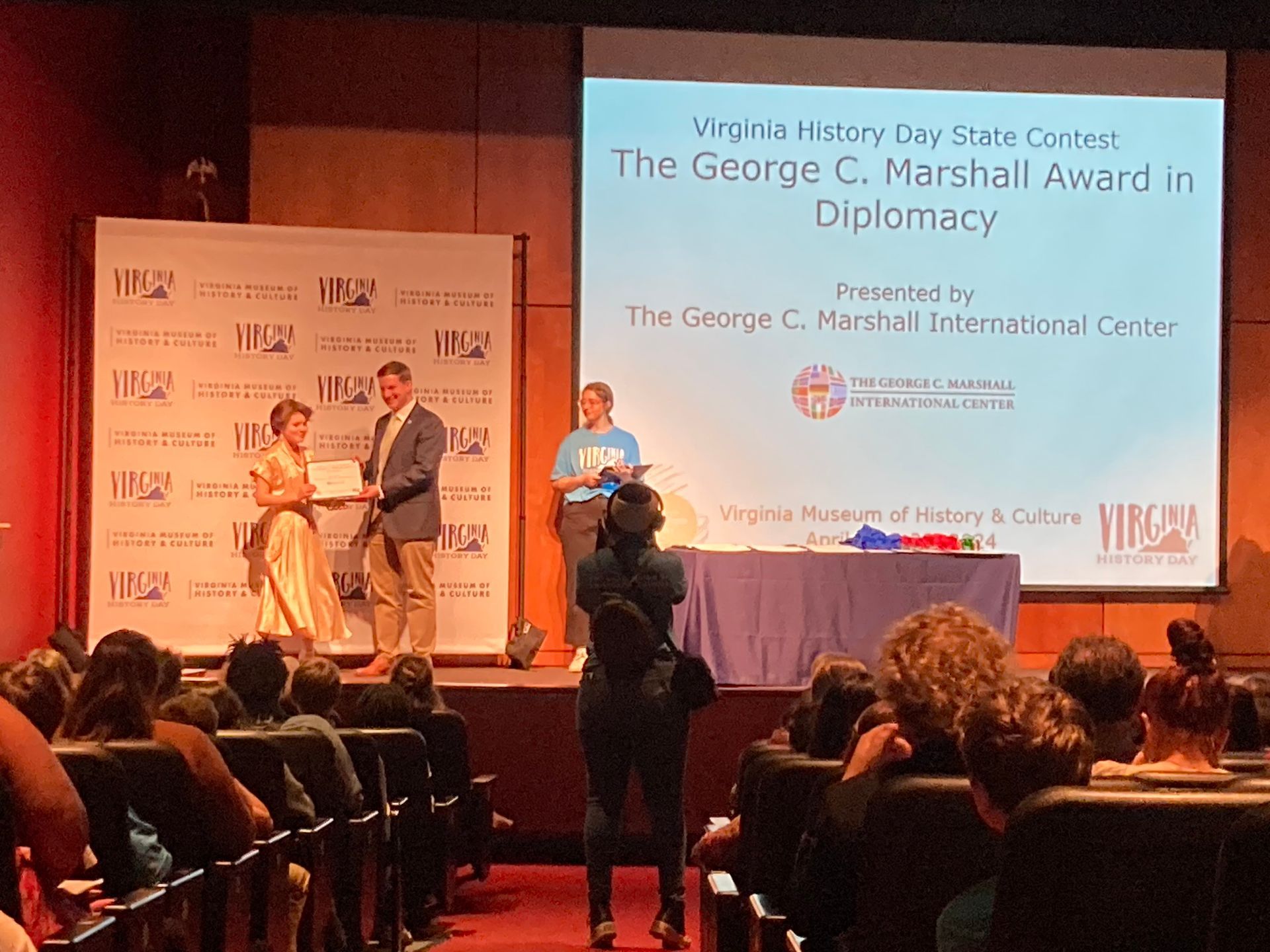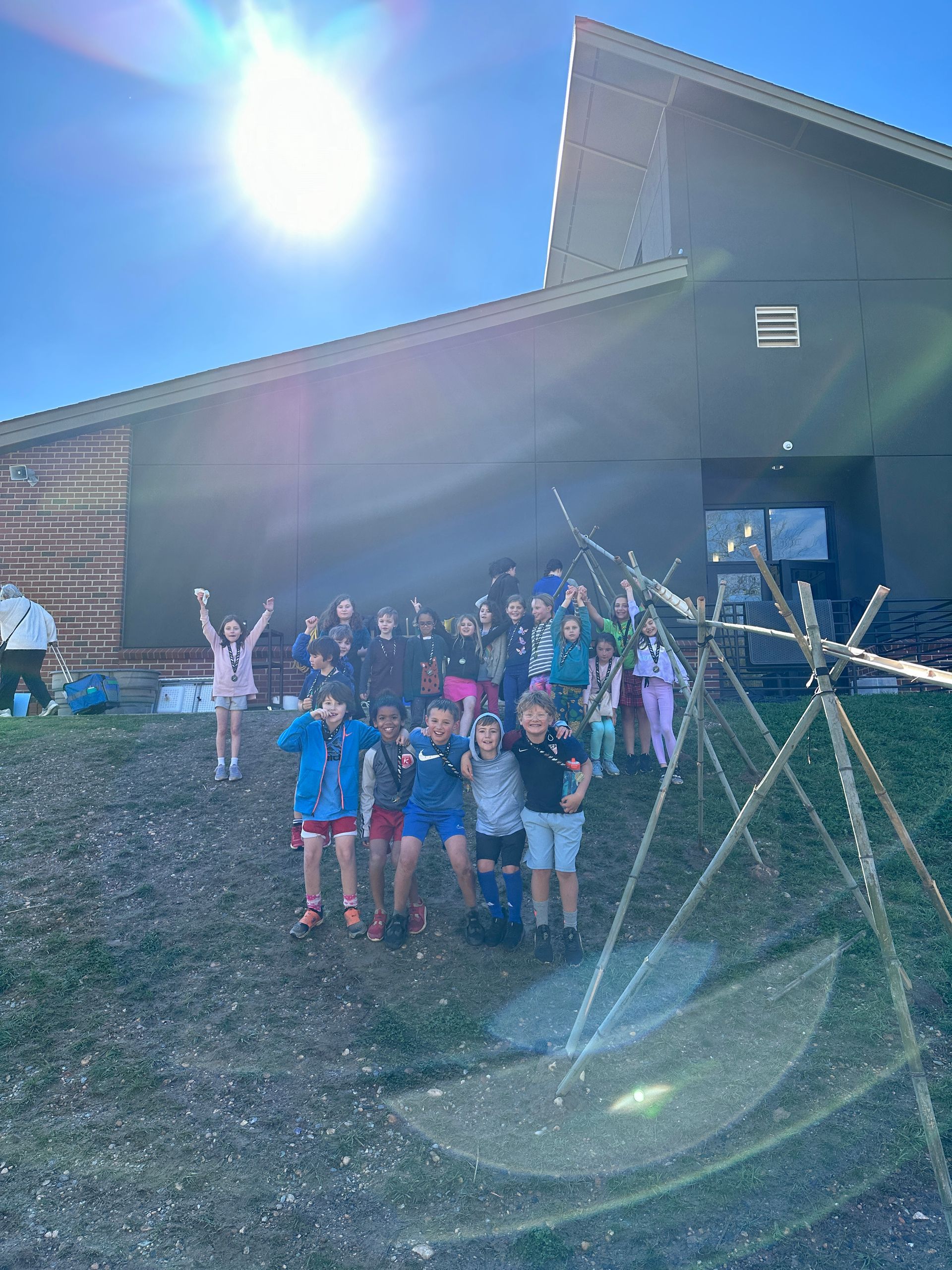Just-Right, Revolting Problems Build Persistence

Working on a model of a group puzzle.
We could tell by discussions during recent math warm-ups that it was a good time to work on problem-solving in a slightly more focused way. Table discussion has become longer, more focused, and the tables have been more willing to debate instead of yielding or quickly moving off-topic. We have been observing for these signs, so we thought it was time.
The open-response section of the Unit 7 test involved a code-breaking exercise of sorts. Four people refused to take their break because “they almost had it.” They chose to skip part of break to solve math problems. Then we knew it was time. Then C asked for a math problem involving poisoned cupcakes and poisoned apples. So we had an appealing context that had been “asked for.” Perfect.
Today, for the beginning of the main math lesson, we projected a problem on the board. Here it is. Names have been blanked out to protect the “innocent.”
All the teacher witches in a certain coven, which includes M____ and V_______, have either a poisoned cupcake or a poisoned apple to take care of pesky students. No one has both. All of the teachers are friends. M_____, who has a poisoned cupcake, has seven more friends with poisoned cupcakes than with poisoned apples. V_______ has a poisoned apple. How many more friends with poisoned cupcakes than poisoned apples does V________ have?
We were looking for a problem in which the math would be accessible to everyone in the group. We were looking for a problem that you couldn’t solve with an algorithm. And we were looking for a problem that was slightly ambiguous, so you would have to close in on problem-solving strategies.
Everyone was very engaged in the problem. Each table was assigned to figure it out, and each table had a whiteboard for sketches. People did not want be told the answer, and wanted to keep trying when we really did need to move on.
The first issue was deciding what problem to solve. Many groups wanted to solve “How many teachers witches were there?” That isn’t the question, and you can’t answer it from the information given. So first, they had to debate the question. At first, the only information we would share was that you could solve the problem with the information given. They responded that you couldn’t figure out how many teachers there were in all. We agreed.
Then they had to deal with how the groups changing relative to each other, because each teacher has a poisoned item but is not their own friend. And, you have to account for both teachers, not just one. Some people were sure of this, some were equally sure that only teacher/witch M_______ is at issue. So there was more debate.
S got it, but had a hard time explaining exactly why she was sure of the answer. But she was. (and when she got it, we confirmed) Then we looked at the problem as a group. It was fascinating to see who could figure out why, after having been given the answer, and who still insisted that the answer was wrong. Part of that is practice and part is development.
There were four possible groups. First, people who could figure out the problem and explain it. Then, people who had an answer they felt confident about, but could not explain or totally explain why. Third, those who couldn’t answer on their own, but could explain why when they were given the answer by a peer. Finally, those who couldn’t do either for this particular problem. Many in this group could do part of it- usually they could account for the movement of M_________ but not V______________.
When our class is at work, getting the answer right is not the only thing we are looking for. Sometimes, seeing differing conceptions helps us to figure out the best challenge for next time. Sometimes we change focus, and sometimes we can see that they are almost there, developmentally, and we just need more practice. When we see persistence, we know that the task is right, and that we want that persistence to keep developing. Because with persistence, no problem is too revolting.
Addendum:
We have had a puzzle a day this week. They are in different strands of mathematics, so of course, different people “get it” and explain every day. This spreads expertship across the group and makes everyone’s voice relevant. Different types of problems also favor different problem-solving strategies.
The post Just-Right, Revolting Problems Build Persistence appeared first on Sabot at Stony Point.
SHARE THIS POST
















